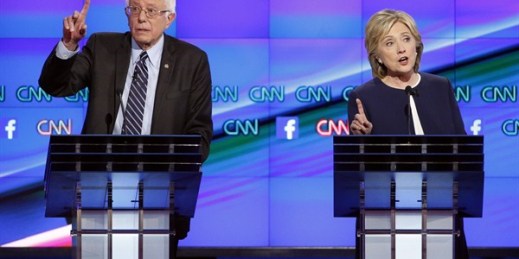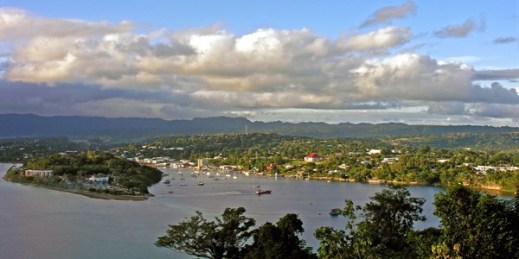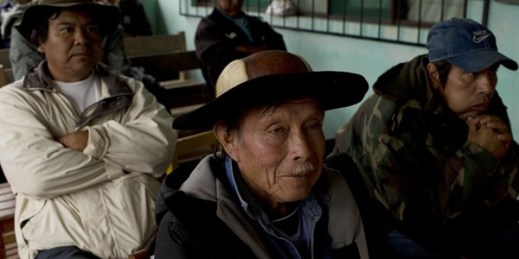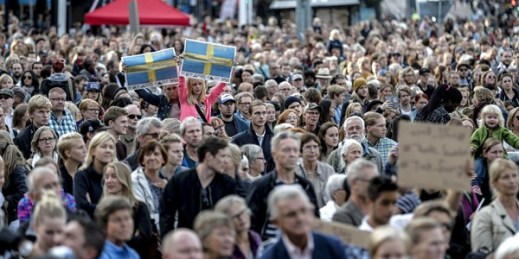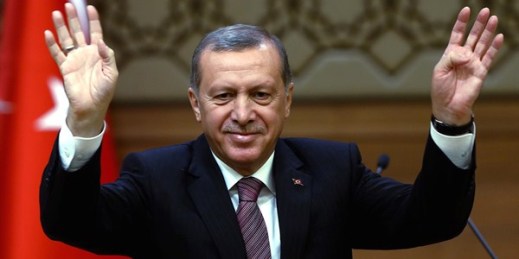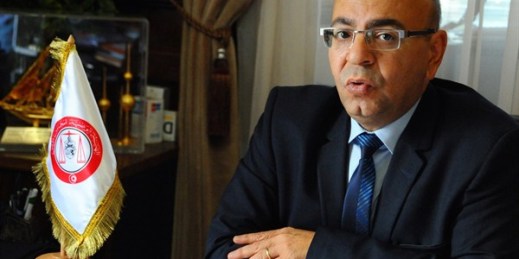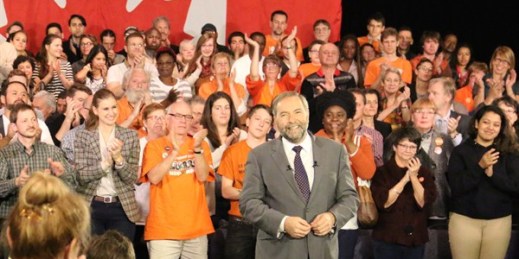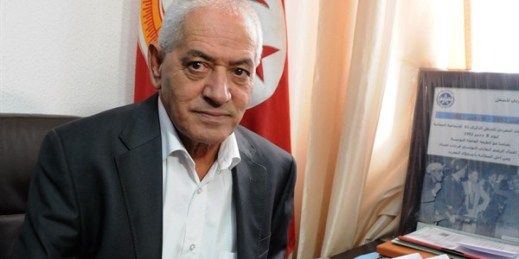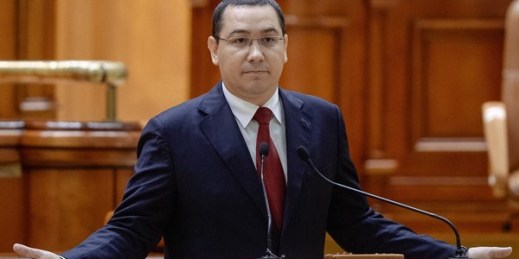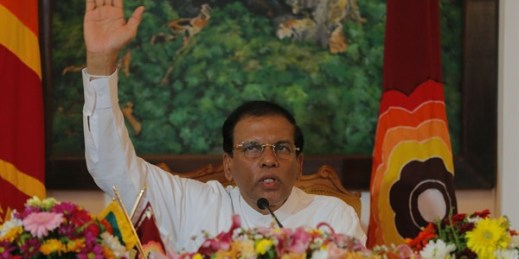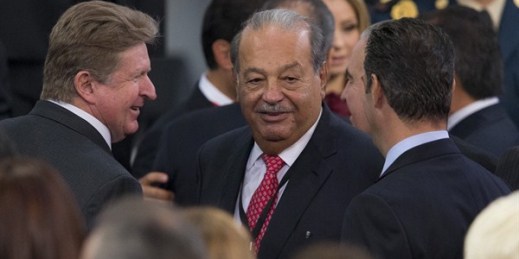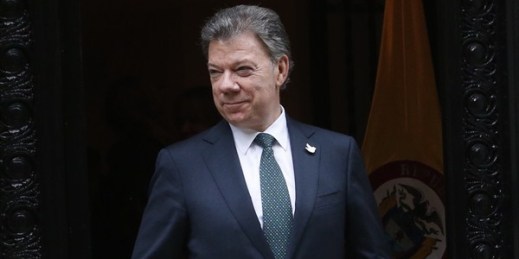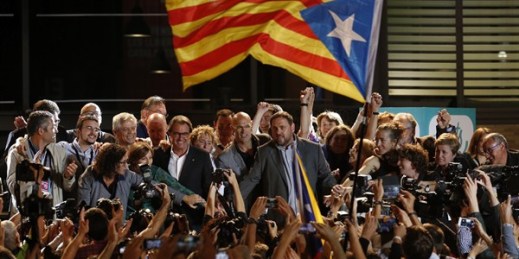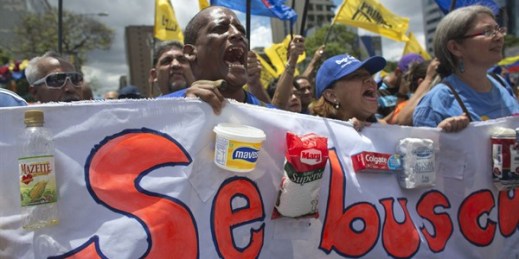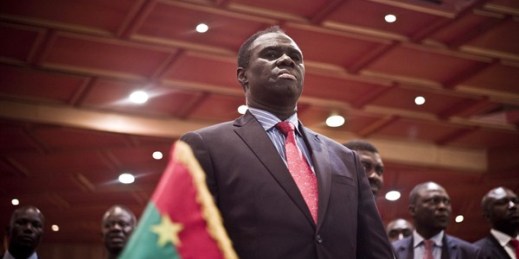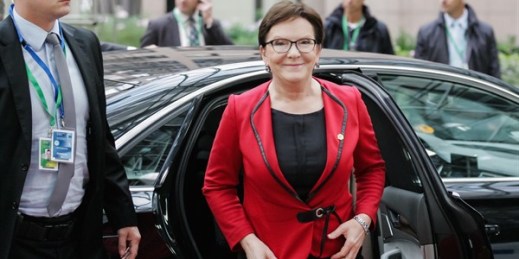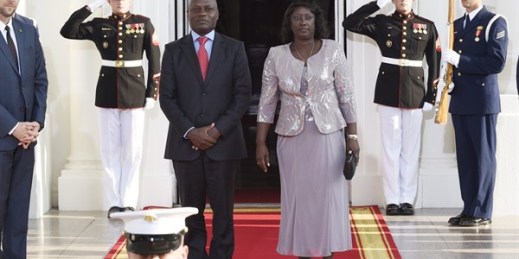
Last week, in a bid to end a months-long political crisis, Guinea-Bissau’s president, Jose Mario Vaz, swore in a new government after initial talks collapsed with Prime Minister Carlos Correia over the formation of a Cabinet. Correia is the third prime minister to hold the post since August, as intraparty rivalries have left Guinea-Bissau without a functioning government for months, risking international aid to a country trying to recover from its latest military coup in 2012. But Guinea-Bissau is not in the clear yet, as the underlying institutional differences at the root of this standoff clearly haven’t been solved yet. […]

